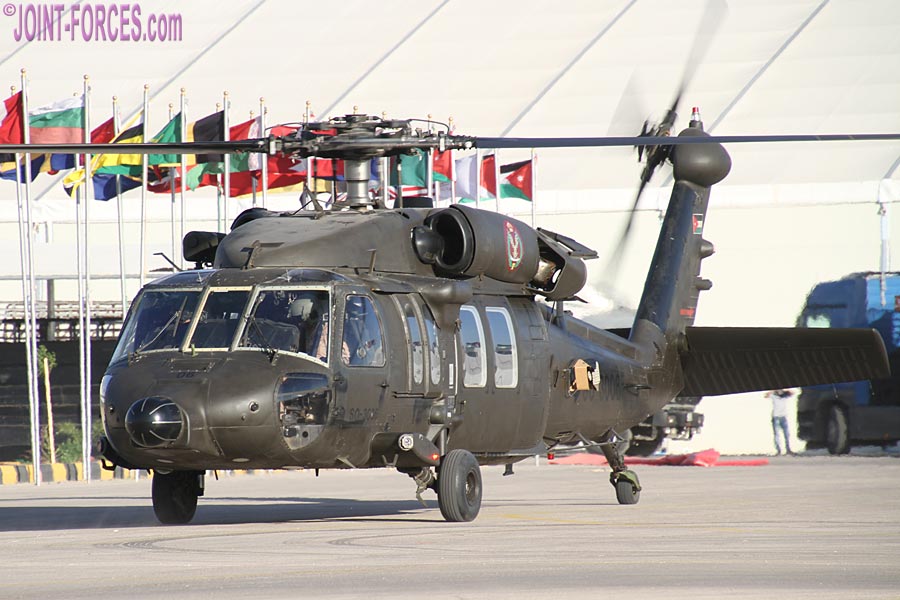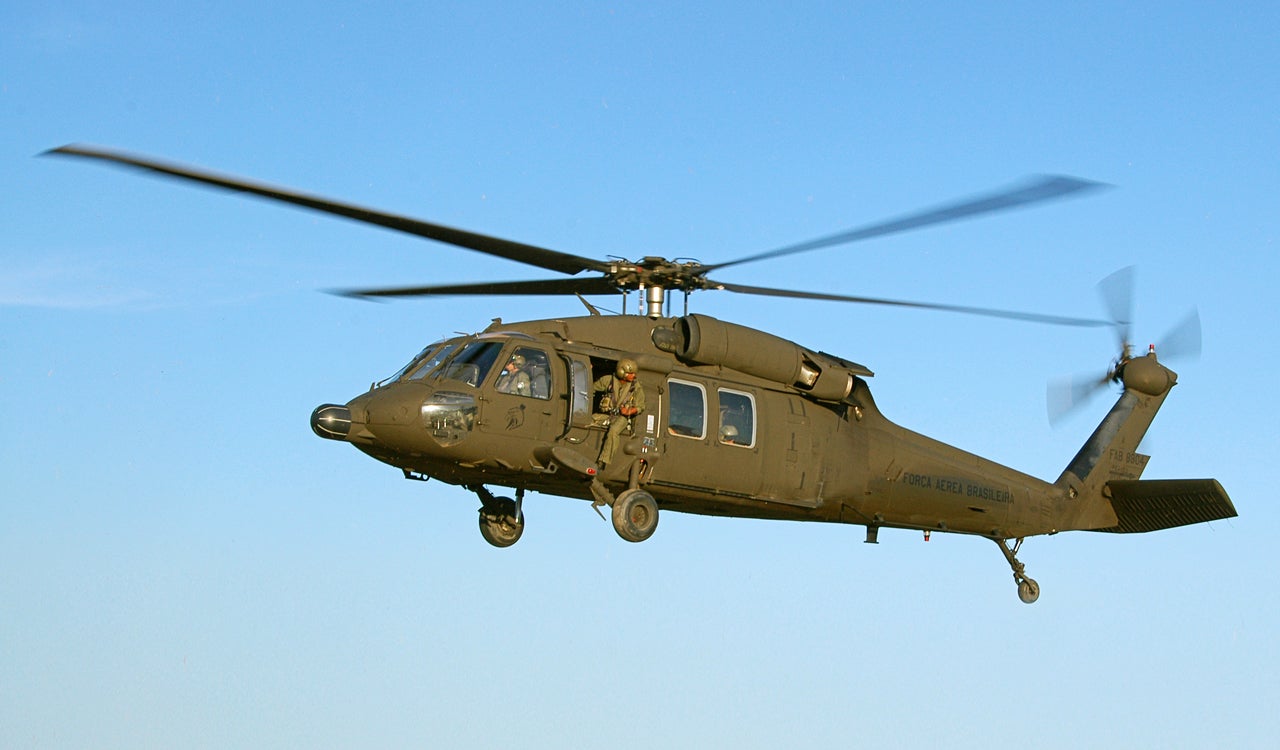UH 60 Helicopter Summary: Everything You Required to Know
UH 60 Helicopter Summary: Everything You Required to Know
Blog Article
The Role of Airplane in Shaping Global Transport and Trade Characteristics
The development of airplane has actually indelibly changed worldwide transportation and profession characteristics, promoting unprecedented degrees of connectivity and efficiency. With the establishment of robust air freight networks, organizations can now browse global markets with amazing speed and agility, thus redefining supply chain techniques. This improvement is not without its obstacles, as the air travel sector grapples with sustainability worries and regulatory stress. As we discover the diverse effects of airplane on international profession, it is vital to consider just how these elements will certainly form the future landscape of aeronautics and its role in the economic situation.

Development of Air Transport
The advancement of air transportation has actually been noted by significant technical improvements and developments that have actually transformed the means individuals and goods relocate across the world. From the Wright brothers' very first powered trip in 1903 to the development of supersonic jets, each landmark has emphasized the relentless quest of efficiency and rate in air traveling. Early aircraft were mainly rudimentary, restricted by engine power and structural stability. Nonetheless, the introduction of sophisticated materials and aerodynamics in the mid-20th century brought about considerable renovations in aircraft safety and security, reliability, and efficiency. uh 60.
The latter part of the 20th century experienced the introduction of industrial air travel as a feasible mode of transport, characterized by the intro of jet engines, which changed air traveling by drastically reducing flight times. In addition, technologies in navigating and communication technologies have actually boosted functional effectiveness and security, permitting even more complicated trip routes and routines. The rise of air freight in parallel with guest solutions has additionally underscored the convenience of aviation. As we seek to the future, arising innovations such as autonomous and electrical airplane promise to redefine the air transportation landscape, ensuring ongoing development and adaptation to global needs.
Influence On Global Trade
Air transportation has profoundly reshaped worldwide trade by facilitating the swift motion of goods throughout vast distances. This expedited logistics capacity enables organizations to react rapidly to market needs, thereby improving supply chain efficiency. The capability to transport disposable items, high-value things, and time-sensitive products has actually opened up new markets and chances for numerous industries, dramatically affecting profession patterns.
Furthermore, the growth of air freight networks has promoted globalization, making it possible for companies to resource products and items from different parts of the world effortlessly. This interconnectedness lowers lead times and expenses, permitting businesses to remain competitive in an increasingly global market. Furthermore, air transportation plays a crucial function in ecommerce, where customer assumptions for quick shipment have actually driven a rise popular for air products services.
The impact of airplane on worldwide profession encompasses the production of strategic trade routes, linking regions and assisting in global partnerships. Countries that purchase air transport framework commonly experience improved financial growth and increased foreign direct investment. Overall, the development of air transportation has not just transformed the logistics landscape yet has also end up being an important component in the dynamics of global trade.

Economic Advantages of Air Travel
A robust aviation field creates considerable financial benefits, adding to work development, tourism, and total financial growth - uh 60. The air travel industry sustains numerous tasks worldwide, ranging from direct work in airline companies and flight terminals to indirect functions in industries such as friendliness, transport, and logistics. According to industry records, for every work in the aviation industry, approximately 3.5 added jobs are developed in the wider economy
Tourist is a pivotal component of the economic benefits stemmed from air travel. Air travel promotes international tourist, allowing vacationers to check out varied locations, which subsequently boosts local economic situations. Countries that purchase their aviation facilities frequently experience boosted vacationer arrivals, bring about higher spending on services such as hotels, restaurants, and tourist attractions.

Additionally, aeronautics improves international connection, making it possible for companies to access brand-new markets and resources effectively. As an outcome, industries such as shopping and production benefit profoundly from dependable air transportation, further driving economic expansion.
Obstacles Encountering the Air Travel Industry
Browsing a complex landscape of regulative, environmental, and financial obstacles, the air travel sector faces considerable difficulties that threaten its sustainability and development. Rules bordering safety and protection are consistently developing, demanding recurring compliance and adjustment from makers and airline companies (uh 60). This can result in raised operational expenses and source allocation that interferes with advancement and development initiatives
Additionally, environmental issues have actually come to be paramount, with growing examination over carbon exhausts and sound pollution. The industry is under pressure to take on greener methods my sources and innovations, which often require substantial investment in research study and advancement. Stabilizing these ecological obligations with the need for More about the author flight presents a considerable difficulty.
Economic changes, such as climbing fuel costs and geopolitical unpredictabilities, better complicate the landscape. Airline companies frequently come to grips with unpredictable operating expenses and rising and fall passenger need, which can affect success and long-term planning. Labor shortages and ability gaps in vital locations add one more layer of intricacy, hindering operational effectiveness.
Inevitably, dealing with these diverse obstacles is important for the air travel sector to maintain its critical function in international transportation and trade, while guaranteeing strength and flexibility in a progressively open market.
Future Trends in Flight
Shifting and arising modern technologies consumer preferences are positioned to improve the future of flight significantly. The assimilation of man-made knowledge and artificial intelligence is expected to improve functional performance, streamline airport processes, and enhance client service. Predictive analytics will help with much more precise demand projecting, allowing airlines to enhance flight timetables and prices models.
Sustainability is ending up being an essential motorist in air travel, with the aeronautics market significantly concentrated on decreasing carbon discharges. Developments in airplane style, such as electrical and hybrid propulsion systems, are being checked out to fulfill ecological targets. Additionally, the adoption of lasting aviation gas (SAFs) is expected to play an essential role in accomplishing net-zero exhausts by 2050.
Consumer choices are moving in the direction of personalized travel experiences. Airline companies are purchasing sophisticated information analytics to tailor services and read more improve consumer engagement, ensuring a more customized journey from booking to arrival. In addition, the increase of remote work might result in raised need for leisure travel, as people look for to integrate work and vacation.
Conclusion
The advancement of air transport has changed worldwide trade, producing substantial financial advantages while also providing difficulties that require calculated management. The continuous adjustment of the air travel market will certainly be essential for maintaining its contributions to the worldwide economic situation.
The latter part of the 20th century observed the introduction of industrial aviation as a feasible mode of transport, defined by the intro of jet engines, which reinvented air traveling by significantly lowering trip times. The rise of air freight in parallel with guest services has actually even more emphasized the adaptability of aviation. Furthermore, air transportation plays an important duty in e-commerce, where consumer assumptions for quick distribution have driven a rise in demand for air freight services.
On the whole, the development of air transport has not just changed the logistics landscape however has likewise end up being an important element in the characteristics of worldwide profession.
Sustainability is coming to be an essential vehicle driver in air travel, with the air travel sector increasingly concentrated on lowering carbon emissions.
Report this page